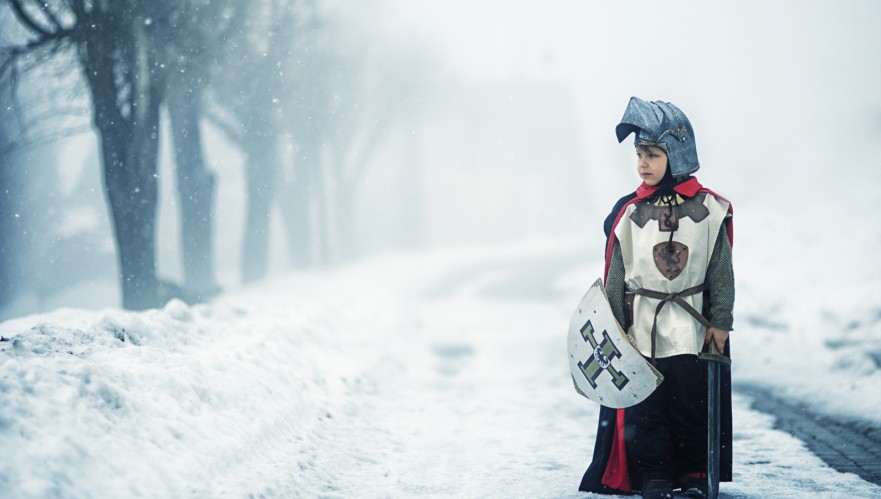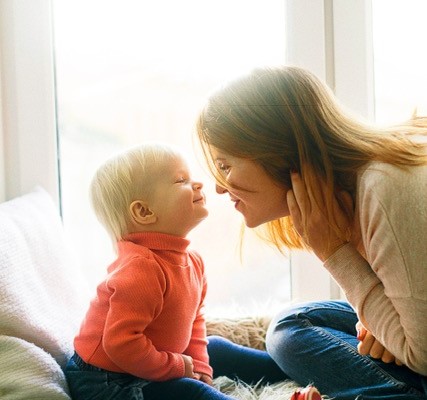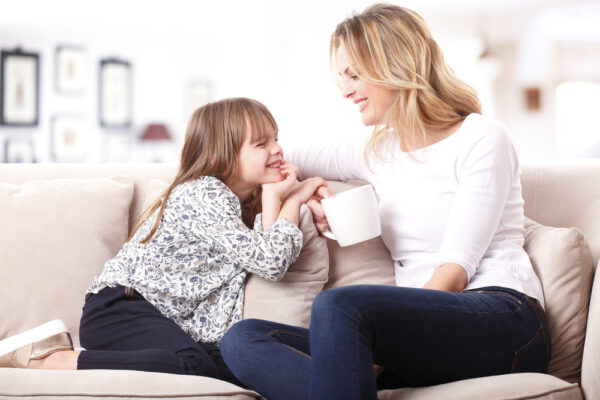Interview with Iben Sandahl for motherco
In watching current children’s media and reading new children’s books, it seems like conflicts are always resolved with a happy ending. Is this an American phenomenon or do you think it’s universal in children’s storytelling?
This does seem to be a fairly American phenomenon, although it isn’t clear whether it is only in America where this is so popular. There are many famous fairy tales around the world that have very different endings than Hollywood or Disney would have you believe. Stories like Cinderella, Rapunzel, Mulan, The Jungle Book (just to name a few) all have quite upsetting endings. In Denmark, many stories have sad or neutral endings. In The Little Mermaid for example, one of Denmark’s most famous fairy tales, the mermaid doesn’t get the prince in the end but rather dies of sadness and turns into sea foam. I am not sure why or how it came to be believed that children should always be spared learning about pain or sadness or unhappy endings. Reading stories that encompass all emotions has been proven to improve empathy so it’s kind of funny that it has been avoided.
Is there any “downside” to always having things resolve happily?
Happy endings are nice! We would all like to have happy endings all the time, but of course, that isn’t reality! The downside to always getting happy endings is that it is setting our children up for false expectations of life. What happens in movies and in stories comes to be what they expect to happen in life and it will inevitably be mismatched. Prince charming doesn’t always come. People die. People do bad things. There is pain. The more we teach our children about these things when they arise, in age appropriate ways, the more we set them up to be able to cope and help to build the “whole child.”
Children are so curious and they want to talk about all emotions. Often, it is the parents who feel uncomfortable and only feel at ease talking about happy things or easy emotions. However, children are often most interested in talking about stories that don’t wrap everything up in a perfect bow and discussing ambiguous or sad endings can be a good way for parents and children to connect.
How does allowing children to experience hardship, struggle and conflict enhance their social-emotional skills? Will these stories not “scar” them in some way?
Stories about hardship, struggle and conflict enhance social-emotional skills because they communicate truths about the human experience and help children identify with the feelings of others. Children begin to recognize the whole range of experiences that make up life and this is the crux of empathy; the ability to walk a mile in someone else’s shoes. There are many shoes and so many paths in life to understand.
Scars are also a part of life. We can’t avoid getting scarred in life but we can give our children the tools to handle those scars in a healthy way. We, as parents, are the models for how to handle upsetting events. In life, beautiful and awful things happen. We must teach our children to be compassionate with others and with themselves and to not to be afraid. If you consider that much of our personal growth comes from the most painful events in our lives, we could even look at unhappy endings (or moments) as the most exquisite learning opportunities.
Are there any topics in film or children’s literature that are simply too difficult for young children to process – ones we should stay away from?
Absolutely! You should monitor your child’s exposure to war and disasters as much as possible (tv, internet, etc) while they are small. But if there is a life trauma (someone gets ill or dies) don’t try to hide it. It will affect your daily life anyway. Try to talk about it in small increments so that you are able to talk about it in a calm way. As children get older and are more aware of their surroundings (what is going on in the world etc.) you can start to loosen up a bit with what they see.
What is the best way to discuss difficult or frightening topics that may come up?
It depends on the topic and your child’s age, but it is always best to be honest. You don’t have to go into too much detail. Children will often ask for more information, but as long as you give them the basics and reassure them you love them and try to help them feel safe, it’s enough. What is hard on children is when what they see and what a parent demonstrates doesn’t match up. Kids know when something is wrong, but if a parent doesn’t tell them, or pretends everything is ok it can be very confusing. The child has no one to help them conceptualize or cope with what they are seeing and feeling and they may invent things to fill in the gaps. This can be much more upsetting than telling them (in an age appropriate way) what is actually going on.
Some parents think that by telling their children everything is fine they are protecting them, but this can actually create more anxiety than good. If someone is dying, sick, divorcing or even if there are just problems in a relationship, it is much better to be as honest as possible (always making sure you free them of any responsibility). The power in this is that it teaches your children not to be afraid and to be honest with themselves in the future. This kind of authenticity is so important, as it builds their inner compass, which will guide them through life. When it is calibrated with the truth, it will lead them to authentic happiness and they will know it.
Iben Sandahl is a Licensed Narrative Therapist, MPF, with a private practice just outside of Copenhagen. She specializes in counseling families and children. Originally trained as a teacher, she worked for 10 years in the Danish school system before earning her degree in Narrative psychotherapy. She is regularly quoted in magazines, newspapers and Danish National Radio for her expert opinion. Her newest book is The Danish Way of Parenting.






Hannah
Hi there,
I’m keen to add to my young daughter’s library and would vey much like the books to contain the reality that you talk of above. Are you able to recommend any books that are in keeping with this philosophy?
Many thanks, Hannah